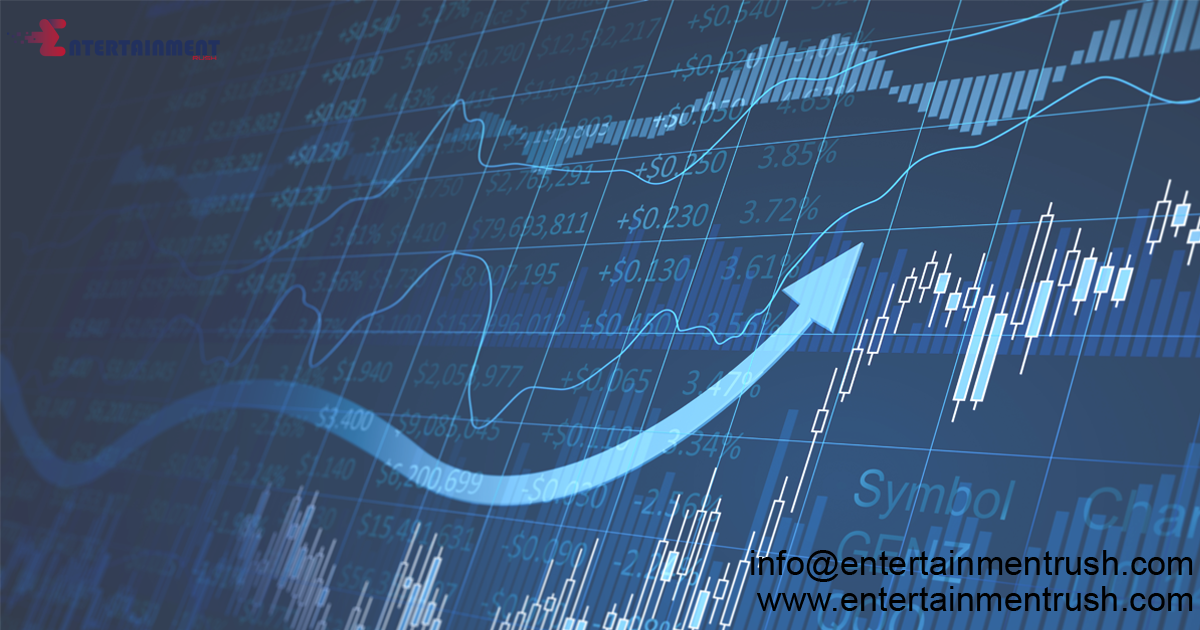In the wake of unprecedented global events such as the COVID-19 pandemic, the world has been thrust into a period of profound economic uncertainty. This uncertainty has rippled through industries, governments, and households, presenting a myriad of challenges that require careful examination and strategic responses. From supply chain disruptions to shifts in consumer behavior, the economic landscape is undergoing significant transformations that warrant a comprehensive analysis.
The COVID-19 Pandemic: Catalyst for Economic Turmoil
The emergence of the COVID-19 pandemic in early 2020 triggered a cascade of economic challenges across the globe. As the virus spread rapidly, governments implemented strict lockdown measures to curb transmission, leading to widespread business closures and disruptions in economic activities. This sudden halt in economic productivity resulted in soaring unemployment rates, with millions of individuals losing their jobs practically overnight.
Global Supply Chain Disruptions
One of the most profound impacts of the pandemic has been the disruption of global supply chains. As countries imposed border restrictions and transportation limitations, the flow of goods and services slowly stopped. Industries reliant on international trade, such as manufacturing and retail, faced significant shortages of essential components and products. The ensuing supply chain disruptions highlighted vulnerabilities in interconnected global economies, underscoring the need for resilience and diversification.
Shifts in Consumer Behavior
The pandemic also catalyzed notable shifts in consumer behavior. With lockdowns and social distancing measures in place, traditional brick-and-mortar retailers saw a decline in foot traffic, while e-commerce platforms experienced unprecedented surges in demand. This shift towards digital transactions and remote shopping habits has compelled businesses to adapt rapidly to evolving consumer preferences, emphasizing the importance of digitalization and omnichannel strategies.
Challenges for Small Businesses and Entrepreneurs
Small businesses and entrepreneurs have been among the hardest hit by the economic challenges brought about by global uncertainty. Many micro-enterprises lacked the financial reserves to weather extended periods of reduced revenue, leading to widespread closures and job losses. Governments around the world have rolled out various support programs, such as grants and low-interest loans, to sustain small businesses through the crisis. However, the road to recovery remains steep for many entrepreneurs grappling with mounting debts and uncertain market conditions.
Government Responses and Policy Interventions
Governments and central banks have implemented unprecedented fiscal and monetary measures to mitigate the economic fallout of global uncertainty. Massive stimulus packages, interest rate cuts, and liquidity injections have been deployed to stabilize financial markets and support struggling businesses. However, the effectiveness of these interventions varies across regions, highlighting the complexities of navigating economic challenges on a global scale.
Sectoral Impacts and Industry Transformations
Certain sectors have been disproportionately affected by global uncertainty. The travel and tourism industry, for instance, experienced a virtual standstill as international borders closed and leisure activities came to a halt. Airlines, hotels, and cruise operators faced severe revenue losses, prompting widespread layoffs and restructuring efforts. Meanwhile, sectors such as healthcare, technology, and logistics witnessed accelerated growth and innovation in response to shifting demands and priorities.
Climate Change and Sustainability Considerations
Amidst economic challenges, the imperative of addressing climate change and promoting sustainability has gained renewed urgency. The pandemic has underscored the interconnectedness of global health, environmental resilience, and economic stability. Governments and businesses are increasingly prioritizing green investments, renewable energy projects, and sustainable practices as part of long-term recovery strategies.
Navigating Towards Economic Recovery
As countries strive to navigate towards economic recovery in the face of ongoing global uncertainty, collaboration and innovation will be key drivers of progress. International cooperation, multilateral trade agreements, and investment in digital infrastructure are essential for building economic resilience and fostering inclusive growth. Moreover, prioritizing social safety nets, upskilling initiatives, and equitable access to opportunities will be crucial in addressing systemic inequalities exacerbated by the crisis.
A Call to Action
Examining the impact of economic challenges in a time of global uncertainty reveals the interconnected nature of our modern economy and underscores the imperative of collective action. As we chart a course toward recovery, it is imperative to leverage lessons learned from past crises, embrace technological advancements, and forge partnerships that transcend borders. By addressing structural vulnerabilities and fostering sustainable economic practices, we can build a more resilient and equitable world for future generations. The road ahead may be uncertain, but with vision, determination, and solidarity, we can navigate through these turbulent times and emerge stronger than before.




Leave feedback about this